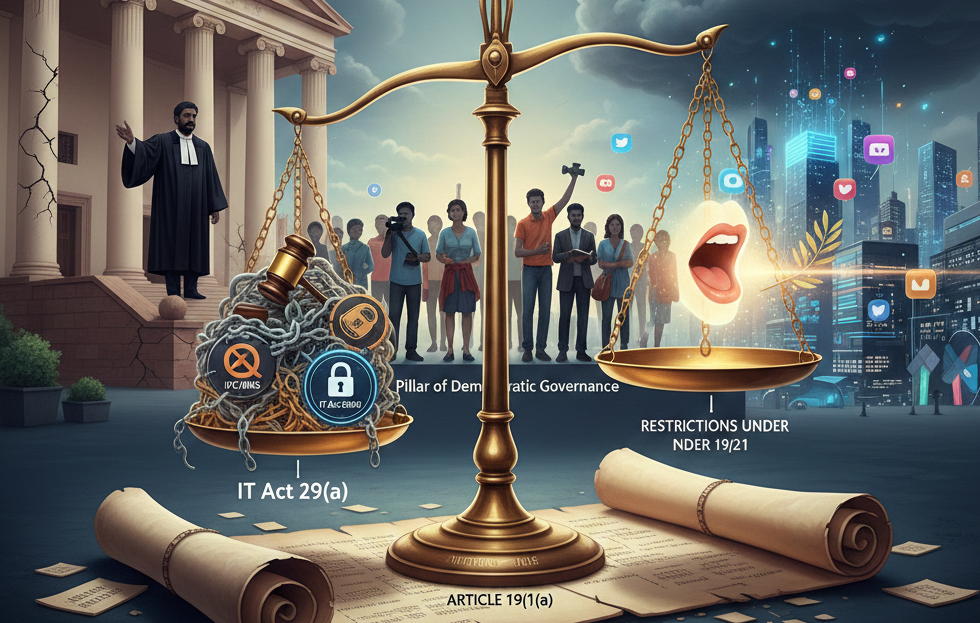Font size:
Print
Bridging the Global Skill Gap by Circular Migration
Context:
Nearly 1,000 youth from Maharashtra, all with high school certificates, are set to start jobs in Israel, earning Rs 1.37 lakh per month. This initiative represents circular migration, not “brain drain,” as it enables both India and Israel to gain from skill development.
About Circular Migration:
- Definition:This form of migration involves workers going abroad for a fixed period, acquiring advanced skills and returning to their home country, bringing those skills back with them.
- Global Partnerships:In recent agreements, countries like Germany, Japan, and Israel have partnered with India to meet their growing skill demands, particularly in construction, healthcare, and infrastructure.
- Impact:Is a powerful tool for addressing global skill shortages while helping alleviate poverty in countries like India.
India’s Key Circular Migration Initiatives
- India-Israel Circular Migration
- Agriculture & Technology Transfer: Indian workers learn advanced techniques like water conservation and precision farming to improve agricultural productivity.
- Labour Opportunities: Indian workers address shortages in Israel’s construction and caregiving sectors, contributing to remittances.
- India-Germany Circular Migration
- Migration and Mobility Partnership Agreement (MMPA) – 2008: Facilitates mobility for students, researchers, and skilled workers.
- Areas: Engineering, vocational training, and technological know-how, enhancing India’s high-end sectors like automobile and electronics.
- India-Japan Circular Migration
- Technical Intern Training Program (TITP) – 2017: Focus on elderly care, healthcare, and advanced training in manufacturing and high-tech industries for Indian workers.
Indian Government Initiatives
- Skill Development: The National Skill Development Corporation (NSDC) collaborates with partners like MITRA for skilling youth.
- Recognition of Prior Learning (RPL): Training to match specific skill sets required by partner countries.
- SANKALP and STRIVE Programs: Focus on district-level skilling and enhancing Industrial Training Institutes (ITIs).
- Migration and Mobility Partnership Agreements (MMPAs): Signed with Austria, France, UK, and others to facilitate legal migration.
- TEJAS Initiative: Skilling and certification project aligned with UAE’s job market demands.
Significance of Circular Migration:
- Addressing Global Skill Gaps
- Countries like Japan and parts of Europe are facing critical labour shortages due to ageing populations, particularly in fields such as quantum computing, construction, and healthcare.
- India, with its large workforce, is stepping in to fill these gaps through labour mobility agreements. For example, 997 youth from Maharashtra will soon begin work in Israel, earning high wages and gaining advanced skills.
- Win-Win Solution: The circular migration model benefits both destination countries and Indian workers. While destination countries address labour shortages, Indian workers return with enhanced skills, avoiding “brain drain” and enriching India’s workforce.
- Long-term Impact on India: Returning workers will bring advanced skills in construction technologies and management, boosting industries and creating new job opportunities.
- Strategic Empowerment: Circular migration offers Indian workers high-paying jobs and valuable expertise. It positions India as a key source of skilled human capital, meeting global labour needs and fostering domestic growth.
Challenges:
- Language Barriers and Skill Requirements: Indian workers often face language barriers and specific skill requirements in countries like Israel. Programs like the NSDC and MITRA are essential for providing training and certification to help workers meet these demands.
- The NSDC has introduced a four-day course on Recognition of Prior Learning (RPL) to enhance existing skills.
- Skill Gaps and Exploitative Conditions: Mismatched skills can lead to exploitative employment situations. Ensuring proper skill alignment with job roles is crucial for protecting workers and improving productivity.
- Bilateral Coordination and Bureaucratic Delays
- Regulatory Challenges and Legal Protections
- Health and Social Welfare Concerns
- Changing Labor Market Needs
- Social Costs and Reintegration: Migrant workers frequently endure family separation and struggle to reintegrate into their communities upon returning.
Recommendations to Enhance India’s Opportunities
- Facilitating International Mobility: Simplify visa processes for students, professionals, and skilled workers.
- Mutual Recognition of Qualifications: Agreements for recognition of educational and professional qualifications.
- Incentivise Return Migration: Offer tax benefits or grants for returning skilled workers.
- Expand Mobility Partnerships: Negotiate more MMPAs with countries facing skill shortages.
Subscribe to our Youtube Channel for more Valuable Content – TheStudyias
Download the App to Subscribe to our Courses – Thestudyias
The Source’s Authority and Ownership of the Article is Claimed By THE STUDY IAS BY MANIKANT SINGH




